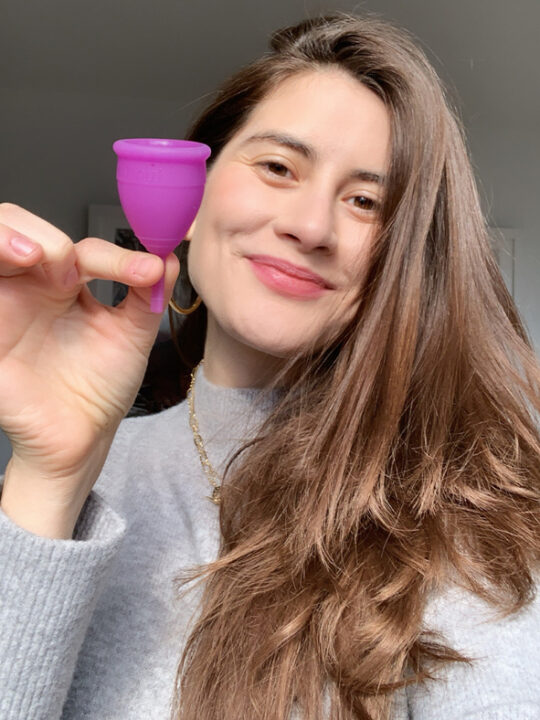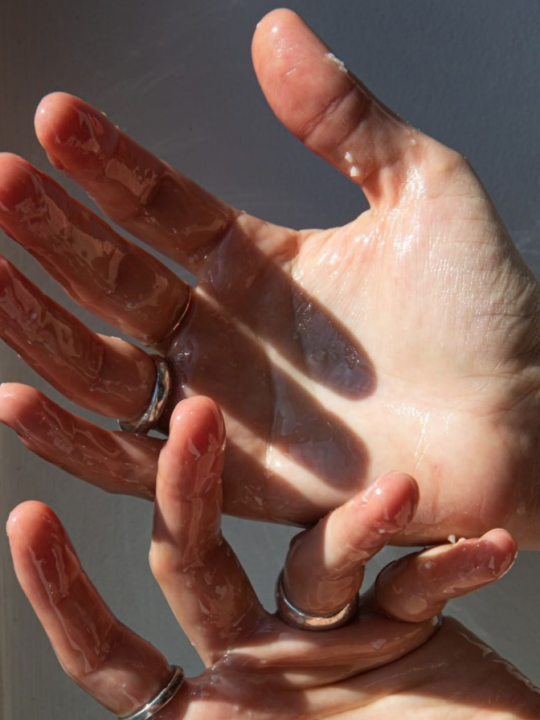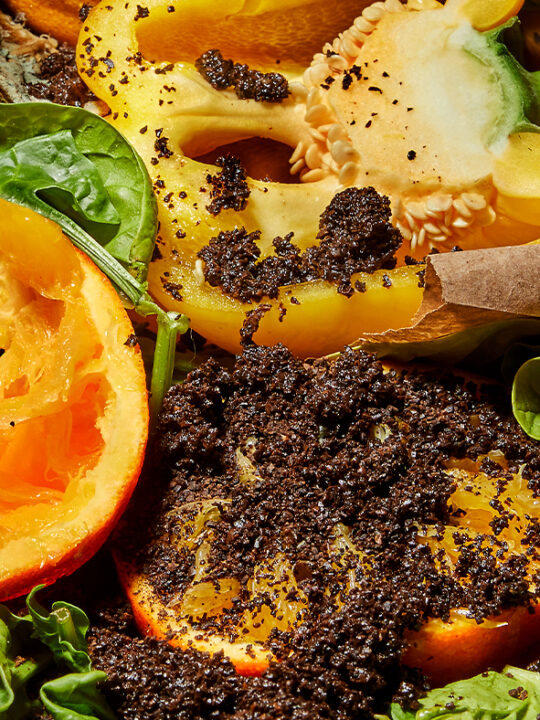
Summer means bugs, which also means bug spray—but what exactly is in conventional bug spray? And is it bad for our health and the health of the environment?
Short answer, yes, conventional bug sprays are neither good for our health, nor the planet.
A Brief History of Bug Spray & DDT
Bug spray started with the use of dichloro-diphenyl-trichloroethane, commonly known as DDT. It was the most powerful synthetic pesticide the world had ever seen, and unlike other pesticides, which focused on eliminating one or two types of insects, DDT was capable of killing hundreds of different types of bugs all at once.
It was invented in 1874 by an Austrian chemist and then was later used in 1939 to protect U.S. troops during World War II from malaria-causing insects in the South Pacific islands. Then in 1945, DDT became available for public use. Big mistake!
At the time, it was largely seen as a “miracle compound” that helped protect people, crops, and buildings against insects and pests and there was little pushback surrounding the new chemical. It wasn’t until 1962 when Rachel Carson published her book, Silent Spring, which exposed the hazards of DDT, that people started to question the health and environmental risks associated with using such a potent insecticide.
The hazards of DDT
Carson revealed that DDT is not just bad, it’s VERY bad. Once sprayed into the environment, DDT eventually entered the food chain, where it would then accumulate in the fatty tissues of animals (humans included!), and could lead to cancer and genetic damage.
The chemical compound itself was found to be incredibly persistent in the environment—a single application on a crop could kill insects for months and it would remain toxic in the environment even after being diluted by rainwater. And it would not only eliminate the targeted insects—it would kill countless others and disrupt entire ecosystems.
Because of these adverse environmental and human health concerns unveiled in Silent Spring, DDT came under closer scrutiny by the public and government, and finally, in 1972 the Environmental Protection Agency (E.P.A) issued a cancellation order for DDT. But due to its persistence in the natural environment, there are still concerns about lingering negative impacts of this pesticide.
Fun Fact – The release of Silent Spring is widely regarded as the spark for starting the environmental movement, and it was one of my personal inspirations for getting involved in environmentalism too (Psst. It’s on my Ultimate Reading List, and I cannot recommend it more highly!)
The Deets on DEET
Since DDT was banned from bug sprays some 40 years ago now, most bug repellents now contain a DDT derivative, the active ingredient N, N-Diethyltoluamide, otherwise known as DEET—which is far from perfect.
Similarly to DDT, DEET was first developed by the U.S. Army in 1946 to protect soldiers who were fighting in the jungle and other buggy areas during World War II. And then in 1957, it was released to the public for commercial use in insect repellants and has been used ever since.
When sprayed onto the skin, DEET acts as a barrier between you and those pesky bugs by interfering with the receptors that the bugs use to detect human chemicals.
The E.P.A has approved the use of DEET, but that decision was made based on the assumption that bug spray is only occasionally needed, and typically used for only a short period of time. So, does that mean that it is actually safe?
Some studies suggest that DEET can negatively impact human health and the environment—here’s how:
Impacts on Human Health
The E.P.A rated DEET a Category 3 on the toxicity scale—which also means that it is “slightly toxic”. If used occasionally, DEET is not believed to cause any serious health concerns, but if used more frequently, it can increase the risk of the following side effects:
- DEET is known to cause eye and skin irritations for some users, like burning, stinging, blisters, and rashes.
- When accidentally swallowed, DEET products have caused stomach upset, vomiting, and nausea.
- DEET has also been found to disrupt vital enzyme functions in the nervous system by blocking the enzyme cholinesterase.
Because of concerns like these, DEET in concentrations higher than 30 percent have been banned in Canada, and the E.P.A recommends that children use bug sprays with DEET concentrations of only 15 percent.
Impacts on the Environment
DEET enters the environment in a few ways: it can enter the air and soil when sprayed (especially with aerosol cans), or it can end up in our waterways from washing bug sprayed clothing or our bodies. Because bug sprays containing DEET are so commonly used, a U.S. Geological Survey report found that it was one of the most frequently found compounds in the United States water stream. And much like it is for humans, DEET can be “slightly toxic” to birds, fish, and aquatic invertebrates.
I operate using the precautionary principle, which means, if there is contention around something, I just stay away from it until it is proven safe. So, where do we go from here?
Safer Alternatives
Anything that is considered “slightly toxic” is still a hard pass for me. Instead, I opt for more natural alternatives for bug repellents, such as:
-
- Wearing long sleeves and long pants in lighter colors, since mosquitoes are thought to be attracted to darker colors.
- Since mosquitoes can breed in even the tiniest pools of stagnant water, check your surroundings to make sure there are no saucers under plants with little bits of water, rain puddles, or gutters.
- Essential oils, like oil of lemon eucalyptus and citronella, are great plant based repellents—plus they smell amazing (I always have one of these citronella candles on my patio).
1312698859589
- For a natural insect repellent, that is free from DEET, synthetic, and harsh chemicals, I use the Organic Tick And Bug Spray from Package Free. It’s non-irritating, cruelty-free, and it comes without any of the harmful plastic packaging that most bug repellents come in!
1420758646853
- And if you do have bites, my favorite solution is the Philip Huang balm from Package Free which stops itch almost instantly!
11544594388
While I’m sure your bites are itchy, you certainly don’t military grade toxins or pesticides to get rid of mosquitoes and other insects!









